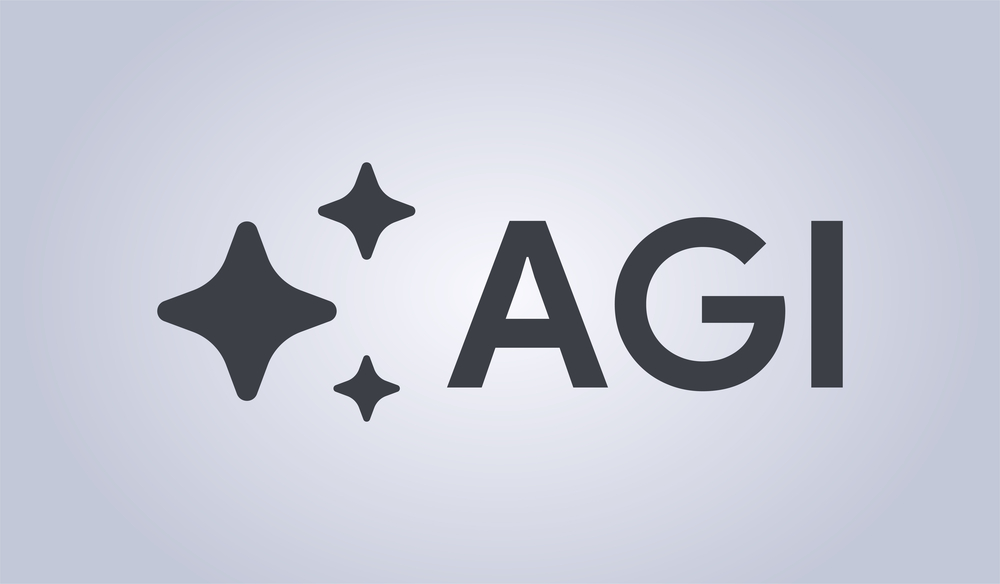
Is your calendar looking like a Jackson Pollock painting now blobs of meetings, deadlines, and reminders? For tech enthusiasts and productivity junkies, the war to stay organized is real, with Google and its competitors constantly pushing out a barrage of new AI-powered features. The latest generation of tools is not about ease; it’s about reclaiming your time and supercharging the way you work and connect.

This year, Google’s relentless innovation, be it smarter Gmail booking pages or the much-awaited Pixel 10 launch, has reached a thriving world of AI scheduling assistants. The result? A reality where automation, integration, and intelligent suggestions aren’t perks but necessities. Here’s a detailed look at the most compelling developments and tools transforming productivity for anyone who is not ready to settle for technology of yesterday.

1. Google’s AI-Powered Gmail and Calendar Integration: Booking Pages in the Spotlight
Gmail’s new feature allows users to build and share booking pages directly from the compose window, adding on to last year’s seamless Calendar event scheduling. Now, users can provide meeting times or schedule events all in one place without ever having to leave their email draft, a significant improvement for anyone juggling multiple commitments. Direct booking links in an email make coordination easy, eliminating back-and-forth scheduling friction.
This move mirrors trends across the AI calendaring space, where tools like Calendly and Reclaim.ai are noted for being agent-powered, real-time availability checks, as well as their inclusion in productivity kits. According to a recently conducted survey, 91% of participants report increased productivity upon such software adoption. Google’s step to embed booking functionality directly within Gmail heralds a future in which the inbox is not only reserved for communication, but for intelligent, contextually aware action.

2. Pixel 10 and AI-First Hardware Revolution
The launch event of the Pixel 10, later this month on August 20 in New York City, will reveal not just new smartphones, but a future in which AI is intrinsically built into hardware. The launch this year will introduce the Tensor G5 chip by TSMC, away from Samsung Foundry, which will promise improved efficiency and AI performance. With Pixel 10 Pro Fold emerging as the first dust-proof foldable, and the basic model getting its third camera sensor, Google is banking on incremental hardware but breakthrough software.
The keynote will also feature Android 16 with Material 3 Expressive, new AI stunts, and a range of accessories, including a rumored MagSafe-style charging puck. 9to5Google believes that the event’s “and more” teaser hints at surprises, maybe in AI-fueled accessories or software integrations. For geeks, this is not merely a phone release; it’s a vision for an era where AI is at the heart of every device interaction.

3. AI Scheduling Assistants: From Calendly to Reclaim.ai and Beyond
AI scheduling has exploded with players like Calendly, Reclaim.ai, Motion, and Clockwise leading the charge. These tools offer agent-supported scheduling, live availability scanning, automated reminders, and robust integrations with Google Calendar, Slack, and more. AI scheduling assistants can reduce scheduling time by up to 30% and productivity by 25% or more, according to SuperAGI.
For example, Reclaim.ai’s smart time blocking and habit tracking features allow users to optimize both work and personal commitments. Clockwise, meanwhile, analyzes team schedules to maximize “focus time,” a critical asset for deep work. The ROI is compelling: Forrester found that businesses using AI-powered scheduling tools save up to 30% on scheduling time and reduce costs by 25%. These tools are no longer optional; they’re a competitive edge.

4. What Distinguishes an AI Scheduler? Most Significant Features and User Experiences
Choosing the right AI scheduling assistant takes more than just automating. Best-of-breed tools include seamless calendar integration, intelligent time zone management, multi-presenter scheduling, and enterprise-level security. As HubSpot’s review highlights, “AI scheduling assistants save time and lower stress levels. Instead of going through hundreds of email threads to determine meeting time, AI takes care of that for you.” Atlassian, for instance, freed up 10–15 minutes per meeting after using Calendly.
User experience also counts. Applications like Reclaim.ai and Clockwise use machine learning to learn your scheduling habits, set high priorities automatically on critical tasks, and create blocks of time for uninterrupted work. Automated reminders, real-time conflict detection, and analytics pages are no longer luxuries, but table stakes, for any half-decent productivity application.

5. The Economics of AI Scheduling: Pricing, ROI, and Adoption Trends
Since the market will be worth an estimated $1.5 billion in 2027, AI scheduling assistants are entering the mainstream. Pricing strategies range from freemium (Clockwise, Calendly) to high-end enterprise options with premium features. The ROI is more than 600% for SuperAGI when time saved is factored in and productivity is considered. For instance, Calendly’s business plan costs $8 per user/month, whereas Motion and Reclaim.ai offer business plans at $10–$15 per user/month.
Adoption is on fire: Gartner predicts that 75% of businesses will implement AI scheduling software by 2026. The trend is conclusive that organizations that have implemented these assistants experience fewer scheduling errors, enhanced work-life balance, and more strategic time. For tech-enabled teams, investing in AI scheduling is not just a cost; it’s a strategic imperative.

6. Future Trends: Natural Language, Predictive Analytics, and Immersive Scheduling
The future of AI scheduling software is all about intelligence and immersion. Natural language processing (NLP) is enabling assistants to see through casual meeting requests and preferences, and predictive analytics help anticipate conflicts and suggest the best times. NLP can cut up to 30% of scheduling time, according to Gartner.
Emerging features include automated meeting summaries, personalized recommendations, and integration with virtual and augmented reality for immersive scheduling experiences. As these technologies mature, expect scheduling to become even more proactive and context-aware, anticipating needs before users articulate them.

7. Tool Spotlight: SuperAGI’s Agent-Powered Scheduling
We at SuperAGI created our calendar assistant to learn and adapt to users’ rhythms, automating 90% of appointments. Our platform includes customizable workflows, extensive Google Calendar and Outlook integration, and thorough analytics for tracking productivity increases. Through our case studies, businesses have seen a 40% reduction in the time spent scheduling and a 25% reduction in meeting overload since deployment.
SuperAGI agent technology guarantees not only automation but also smart optimization of scheduling for every user’s individual workflow. For organizations aiming to stay ahead, this translates into more time spent on innovation and less time wasted on administrative burdens.

As Google and its rivals struggle to embed AI more deeply into software and hardware, the line between communication, coordination, and action becomes ever more ambiguous. Power users, listen up: Embrace these intelligent tools, and the future of productivity is not simply streamlined but revolutionary. The only thing left is, how will you harness these new powers to stay ahead of the game?


